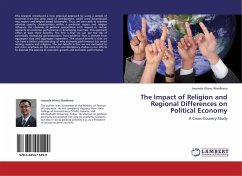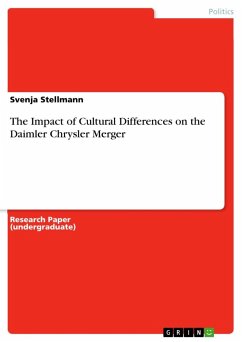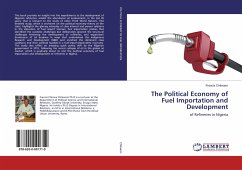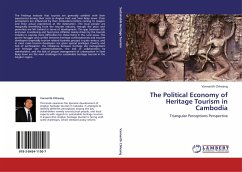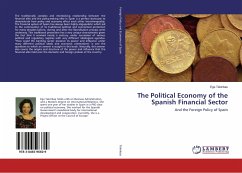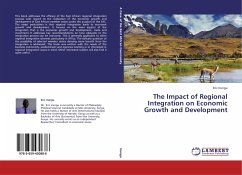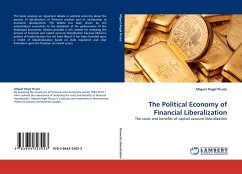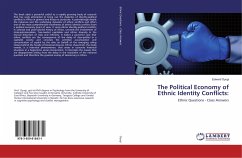This research introduced a new empirical approach by using a sample of countries from thesame stage of development, which were decomposed into region- and religion-basedsubsamples. Thus, we were able to examine whether specific characteristics within aparticular region and religion influence the channels of political competition with respect to certain elements of economic performance in developing countries. This approach offers atleast three benefits. The first is that we can see the risk of potentially misleadinggeneralizations from evidence that is derived from aggregate data and aggregate regressions. The second benefit is that we can have a better understanding of why economic performancehas varied among regions and religions. The last benefit is that we are motivated to put more emphasis on the need forinterdisciplinary studies in our efforts to discover the sources of economic growth andeconomic performance.
Bitte wählen Sie Ihr Anliegen aus.
Rechnungen
Retourenschein anfordern
Bestellstatus
Storno

